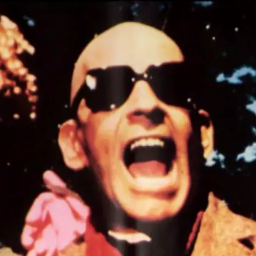The answer is never…with caveats.
An interesting article by WSU’s Dean of the Irvin D. Reid Honors College and Professor of Philosophy, John Corvino Ph.D I’d seen in the Freep, but originally published over at https://theconversation.com.
As a college dean, I regularly observe campus controversies about the Israel-Hamas war, race relations and other hot-button issues. Many of these concern free speech – what students, faculty and invited speakers should and shouldn’t be allowed to say.
The primary argument for the big tent approach is rooted in intellectual humility: properly recognizing the limitations to what each of us knows. In one sense, it is a recognition of human fallibility – which, when combined with hubris, can have disastrous results.
[Philosopher Jeremy] Fantl grants that such engagement can have value but worries that it is often ineffective or dishonest. Ineffective, if you tell your opponents from the outset “You’re not going to change my mind” – a conversation-stopper if anything is. Dishonest, if you pretend to engage open-mindedly when you’re really not.
Possibly a little headier than what you were expecting in a Lemmy post but, hey, I’m trying my best to raise us all up a little.



Help me to be on the same page as you.
Is your comment a response to a specific passage from the linked article or is it just your translation?